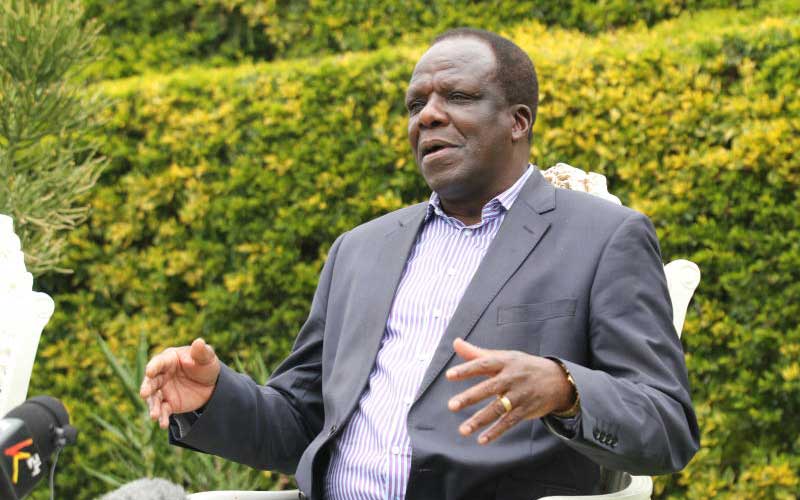×
The Standard e-Paper
Fearless, Trusted News

The Council of Governors chairman Wycliffe Oparanya at a past press briefing in August 2020. CoG has blocked advertisements to a media house over a graft story. [File, Standard]
A decision by governors to stop advertising with the Nation Media Group over a graft report has drawn sharp criticism from the media regulator.